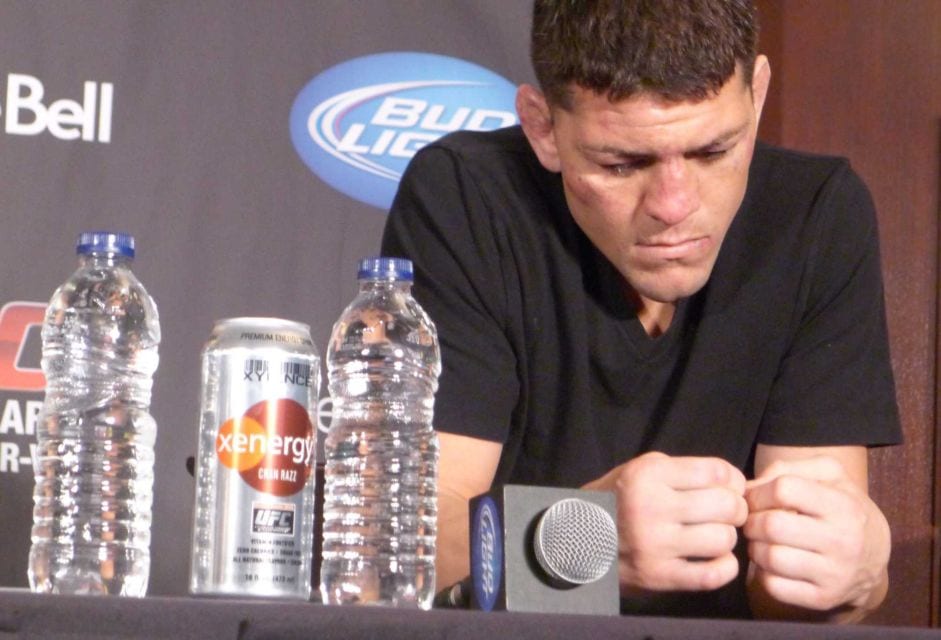Conventional wisdom says water is your go-to when rehydrating after a hard sessions and while it definitely does the job, there are more productive methods to replenish yourself.
Plain and simply, H20 isn’t the most hydrating of all beverages per a study by St. Andrew’s University in Scotland. Substances with added sugar, fat or protein have proven to be more effective in keeping you hydrated for longer. This is because our bodies respond to different drinks in different ways and while the volume you consume will always play a part.
A drink’s nutrient composition is crucial to rehydration. Milk, for example, contains sugar lactose, fat and protein — substances which help slow the emptying of fluid from the stomach and maintain hydration for a longer period of time. Sodium and potassium can also help cause water retention in the body.
“This study tells us much of what we already knew: Electrolytes — like sodium and potassium — contribute to better hydration, while calories in beverages result in slower gastric emptying and therefore slower release of urination,” dietician Melissa Majumdar, explains.
This can be often be found in sport’s recovery drinks but where does sugar come into this? Drinks with more concentrated sugars (such as soft drinks) are nowhere near as hydrating as non-sugary drinks, as sugars react with your small intestine to ‘pull’ water from your body. It is also important to remember why we hydrate. Not only is it critical for the production of various organs, it also aids in keeping your liver healthy and the dispersal of toxins from your body.
And what about beer? Alcohol is a diuretic which prompts you to expel more fluid from your system down the toilet bowl, so when it comes to an alcoholic drink’s hydration, that will depend on its alcohol content and volume. Beer, for example, won’t hydrate you as much as whiskey might.
Coffee also produces a diuretic effect when consumed en masse (two to four cups) but these effects can be offset by adding a little milk to your morning joe.




